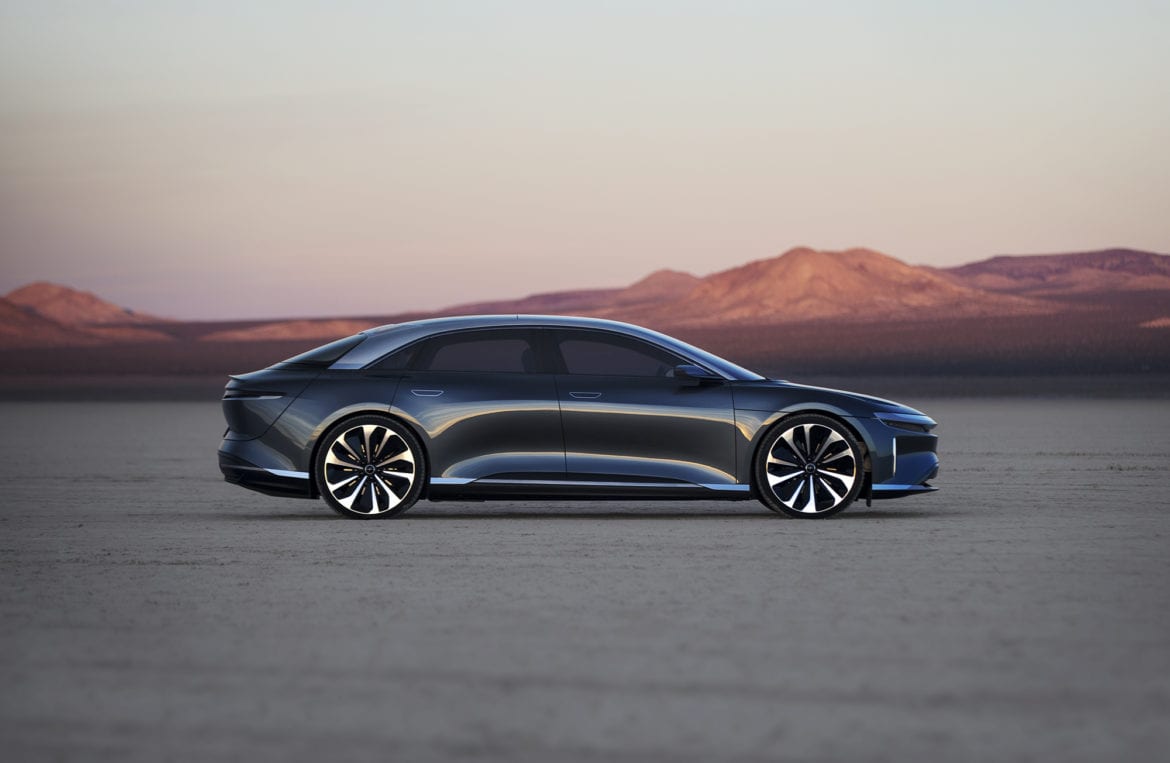Last week Lucid Motors announced that they would unveil the production version of their highly anticipated Lucid Air in New York in April. Accompanying the announcement was the confirmation that the company would use cylindrical batteries from LG Chem rather than their pouches.
If you have been following EV news for a little while you would have probably heard that many analysts claim that battery supply will be the biggest bottleneck for electric cars. We have already seen the Jaguar I-Pace and Audi e-tron have to pause production momentarily due to battery shortages, and those models aren’t even produced in high quantities.
LG Chem and other battery suppliers have seemed to have spread themselves thin and have been unable to produce battery cells fast enough. However it seems that the bottleneck is limited to the pouch cells rather than the cylindrical variety, at least it seems that way based on Lucid’s recent decision.
The contract with LG Chem will last until 2023 and Lucid states that the batteries “meet or exceed all target goals for range, energy density, recharge/discharge rates, and more”.
Peter Rawlinson, CEO and CTO of Lucid Motors stated:
“The agreement with LG Chem puts Lucid on the best possible path to production for the Lucid Air, ensuring the necessary energy density and cell availability to fulfill our promise of class-leading range to consumers. In the tireless pursuit of unrivaled levels of efficiency, we will continue development with LG and other partners for the Lucid Air and future new Lucid models.”
The move to go with the more readily available battery is no doubt a great one. It already takes so much effort to build up all the facilities and planning to produce a car, the last thing Lucid would want is to have to delay the Air because they couldn’t get enough batteries.
Look for the Air to be revealed in two months and provide a potentially great alternative to the Model S.
